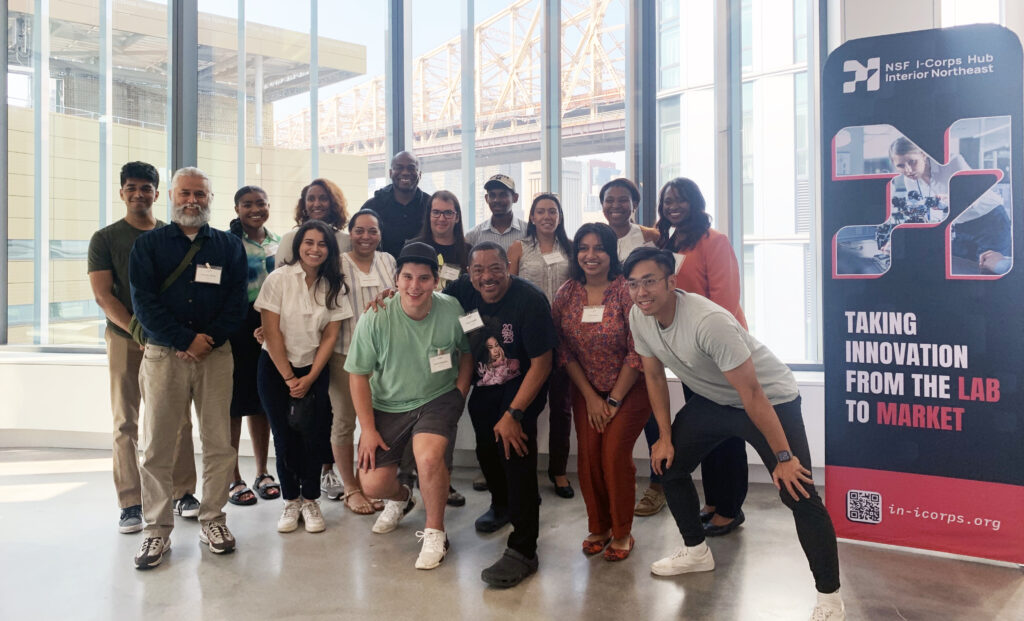I-Corps aims to increase the economic and societal impact of scientific research — a goal that depends on participation from STEM researchers across diverse backgrounds.
A key step toward that goal is the Inclusion in Innovation Initiative (i4), a collaboration between the National Science Foundation and the National GEM Consortium. The program connects GEM Fellows (M.S. and Ph.D. students in science and engineering who are African American, American Indian, and/or Hispanic American) with the entrepreneurship training and skills they need to explore commercialization of their technology innovations.
Every year, the Interior Northeast I-Corps Hub administers a five-week regional course specifically for GEM Fellows, a tradition that started under the former UNY I-Corps Node. The collaboration exemplifies the Hub’s commitment to broaden underrepresented STEM researchers’ access to entrepreneurship training.
Instructed by GEM alumni Makini Byron, director of external technology at Linde, and Stacye Brim, founder of STB Consulting, the GEM course began with virtual entrepreneurship instruction and culminated with a funded trip to New York City.
Teams gathered at Cornell Tech on Roosevelt Island to prepare for customer discovery interviews with the help of personalized coaching and group training sessions. Then, participants ventured into the city to apply what they learned by speaking with potential customers. The process helped them gain valuable insight into their product-market fit and target industries.
Adrianne Gowie, a Ph.D. candidate at Dartmouth College, is introducing alloyed zinc as a safer and more effective material for orthopedic implants. Her I-Corps experience provided valuable insight into orthopedic implant customers’ needs and concerns.
“From customer discovery interviews focused on zinc alloys for orthopedic implants, I learned that there are several patients and healthcare providers who are concerned about the potential for adverse reactions or toxicity with traditional implant materials,” Gowie said.
She continued, “These insights emphasized the biocompatibility and safety aspects of zinc-based implants in the value proposition. Additionally, it highlights the need for rigorous testing, certifications, and transparent communication about the benefits of zinc alloys in orthopedic applications to gain trust and acceptance within the medical community.”
In addition the Gowie, the following teams also successfully completed the 2023 GEM Fellows regional course:
- Amoos’s Army (Cameron Lewis, Juan Villalobos, Wendy Velasquez Ebanks — Howard University) is developing a fast and efficient software solution for autonomous platforms such as self-driving cars.
- Thermoverse (Shantonio Birch and Ho-Chen Tsai — University of Michigan) is developing a thermal management system that combines heating, cooling, and insulation to help property managers reduce operational costs while more effectively controlling temperature in their buildings.
- Theo’s Tots Toys (Jarrod Ronquillo — University of New Mexico) is creating antimicrobial materials for the manufacture of toys to reduce the spread of disease among children and their caretakers.
- Toye Oloko (Toye Oloko — University of Kansas) is applying artificial intelligence to develop an automated predictive maintenance technology with potential applications in the utility, manufacturing, and mining industries.
- Scriby (Diana Gomez and Kamlesh Suthar — Carnegie Mellon University) is developing an autonomous robot with a laser scribing feature for more faster, more cost-effective surveying.
- Intelligent Tutoring Systems R Us (Shravan Janga and Chase Randall — University of Massachusetts Amherst) is making an interactive tutoring system for computer science students that accommodates individual students’ learning styles.
“Engaging with potential customers when pursuing commercialization of zinc alloys for orthopedic implants, is essential to gain a deep understanding of the specific needs and concerns of orthopedic surgeons, healthcare facilities, and patients,” Gowie said. “These conversations can uncover critical insights into material requirements, safety considerations, and competitive advantages, which are invaluable for refining product development and marketing strategies.”


